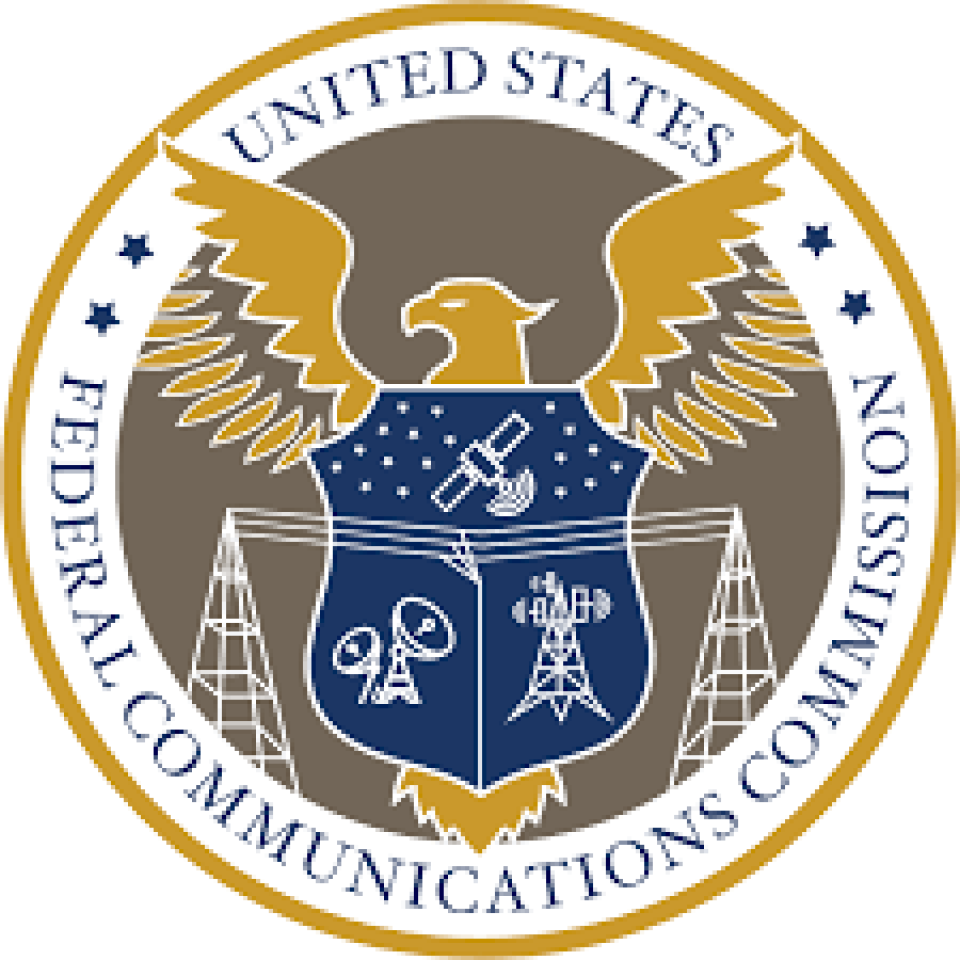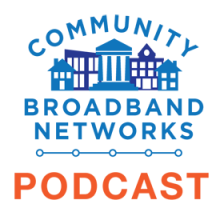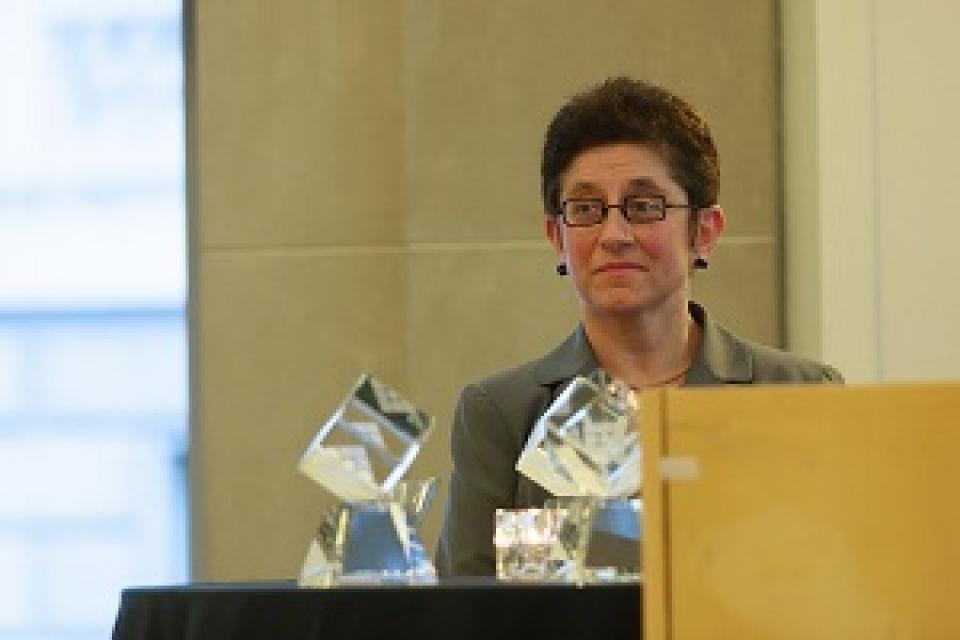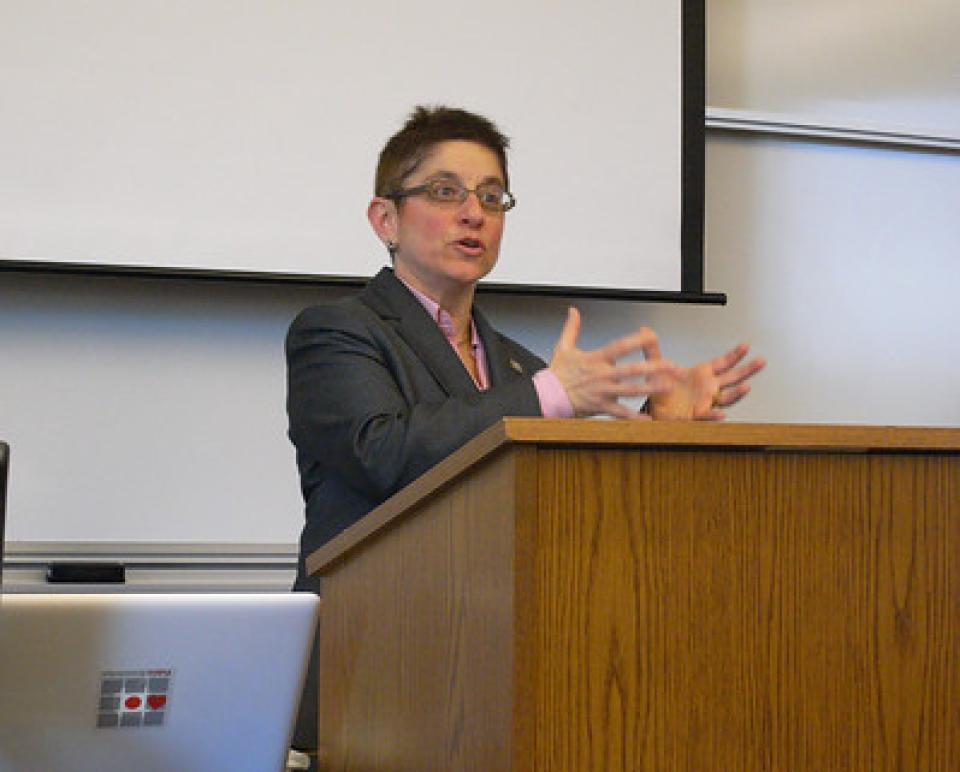
Fast, affordable Internet access for all.

In the Salt Lake City suburb some call “the garden spot of Utah,” Bountiful, Utah officials have settled on a plan to bring Bountiful Fiber and affordable connectivity to its residents and businesses.
By unanimous vote of the city council, the issuance of $48 million in bonds was authorized on May 26 to fund construction of what will be a city-owned open access fiber network.
The city will own the network and lease it out to multiple private Internet service providers (ISPs) – a model that city manager Gary Hill described as a way to create “a competitive marketplace for Internet service providers."
In a letter to city councilors before the bond issuance was authorized, Hill wrote: "Resident requests and sentiment ... demonstrate a need for city involvement to provide adequate, competitive, reliable broadband services.”
After issuing an RFP in November of last year, the city contracted with the nation’s largest open access network – UTOPIA Fiber – to build, operate, and maintain the network. It is expected that construction will take about 2 to 3 years to complete, though some subscribers will likely be lit up for service within 18 months of the start of construction, scheduled to begin this month.
Dark Money Looks to Torpedo Project
A dark money campaign spearheaded by the Utah Taxpayers Association (UTA), however, is threatening to derail the project. The group, whose annual conference is sponsored by Comcast and CenturyLink/Lumen, is backing a “Gather Utah” initiative to obtain signatures for a petition that would stop the city from building the network.
Concerns are mounting that over $2.8 billion in potential broadband grants doled out by the Federal Communications Commission’s (FCC) Rural Digital Opportunity Fund (RDOF) could be wasted, further eroding the already well-criticized program’s disjointed effort to expand broadband access across rural America.
In 2019, the Ajit Pai FCC created the $20.4 billion RDOF with an eye on shoring up affordable broadband access in traditionally unserved rural U.S. markets. The money was to be doled out via reverse auction in several phases, with winners often declared based on having the maximum impact for minimum projected cost.
During phase one of the program, the FCC stated that 180 bidders won $9.2 billion over 10 years to provide broadband to 5.2 million locations across 49 states and the Commonwealth of the Northern Mariana Islands. But of the $9.2 billion in winners, over $2.8 billion has gone into default, meaning the bidder couldn’t actually deliver on promised projects.
We've tracked the RDOF awards since the auction concluded, including for the providers that defaulted on their wins.
These issues have not only imperiled RDOF program funding, but have thrown a wrench in the works of numerous additional government efforts to shore up broadband access, from the FCC’s long-criticized quest to accurately map U.S. broadband access, to the implementation of newer grant programs overseen by other agencies.
Two months after President Biden’s belated and long-stalled Federal Communications Commission (FCC) nominee withdrew her nomination after a year-long attack campaign against her, today at the Broadband Communities Summit in Houston, Texas, Gigi Sohn announced her next move: Sohn will serve as the first Executive Director for the American Association of Public Broadband (AAPB).
A non-profit organization formed by a group of municipal officials, AAPB’s mission is to advance advocacy efforts on behalf of publicly-owned, locally-controlled broadband networks. Since the organization first announced its formation at the Broadband Communities Summit in May of 2022, it has been working to educate federal and state policymakers who “have turned to the telecom lobby for help and are receiving biased guidance” on the community broadband networks approach, just as $42.5 billion from the Infrastructure Investment and Jobs Act (IIJA) is set to flow to state governments to expand high-speed Internet access this summer.
During a keynote luncheon at the summit, Sohn was joined by AAPB founding board members Bob Knight and Kimberly McKinley on the main stage for a candid discussion in which she reflected on the state of Internet access in the U.S. and her experience that led to her to withdraw her nomination to the FCC. Near the end of the luncheon she announced her new role with AAPB, which was greeted by a standing ovation from the hundreds of attendees in the audience.
Freedom to Choose Community Broadband Future
The announcement was followed by a press briefing where she elaborated on her vision for AAPB.
“I will be the first Executive Director of the American Association of Public Broadband. Until now, there has not been a membership-based advocacy organization that works to ensure that public broadband can grow unimpeded by anti-competitive barriers. That’s despite the success of public broadband to help places like Chattanooga and the Massachusetts Berkshires transform from sleepy hamlets to vibrant centers of economic opportunity, education and culture,” she said at the press briefing.
Last Friday was a major milestone in the process of moving $42.5 billion from the federal government to states to distribute mostly to rural areas to build new, modern Internet access networks. January 13th marked the deadline for error corrections (called challenges) to the official national map that will be used to determine how much each state will get.
As an organization that has worked in nearly all 50 states over the past 20 years on policies to improve Internet access, we spent the last few weeks struggling to understand what was actually at stake and wondering if we were alone in being confused about the process. Despite the stakes, almost no expert we talked to actually understood which challenges – if any – would fix errors in the map data before it was used to allocate the largest single federal broadband investment in history.
Update: On January 13th, Joan Engebretson confirmed in Telecompetitor that the location challenges deadline was October 30, 2022, and not Jan 13, 2023.

This article will explore what is going wrong with the distribution of that $42.5 billion, the mapping process, and continued failure of the Federal Communications Commission (FCC) to show competence in the broadband arena. And it offers ways to fix these important problems as every jurisdiction from Puerto Rico to Hawaii feels overwhelmed by the challenge.
The $42.5 billion guarantees each state $100 million and a large additional sum calculated proportionally based on the number of locations in each state that don’t have adequate high-speed Internet service. States that already made significant investments in better rural networks and made strides toward fast universal Internet access for all households - like Massachusetts - will likely not receive much more than $100 million, while extremely large states with many high-cost rural residents - like Texas and California - will receive billions.

This week on the show, the staff get together to bend their collective imagination to what we expect to see as the biggest news stories of 2023. Returning to join Christopher are Sean Gonsalves, Christine Parker, Emma Gautier, and Ry Marcattilio to discuss the BEAD funding rollout, mapping, the current state of preemption laws, Starry, the FCC, and more.
Who will be right? Wrong? We'll have to wait until December to find out!
This show is 46 minutes long and can be played on this page or via Apple Podcasts or the tool of your choice using this feed.
Transcript below.
We want your feedback and suggestions for the show-please e-mail us or leave a comment below.
Listen to other episodes here or view all episodes in our index. See other podcasts from the Institute for Local Self-Reliance here.
Thanks to Arne Huseby for the music. The song is Warm Duck Shuffle and is licensed under a Creative Commons Attribution (3.0) license.

This week on the podcast, Christopher is joined by returning guest Blair Levin. Levin has served as former chief of staff to FCC Chair Reed Hundt as well as executive director of the National Broadband Plan (2009-2010). Nowadays, he's a nonresident senior fellow at Brookings, and joins Christopher to unpack all that we might expect to see at play over the coming year. The show covers a lot of ground, from the renomination of Gigi Sohn to the FCC and the issues likely brought by a complete commission, to how much impact (and where) BEAD will have, to the real benefits and obvious weak spots in the Affordable Connectivity Program, to the upcoming battle between DISH, the cable monopolies, and the fixed wireless offerings from the mobile providers, and much more.
This show is 53 minutes long and can be played on this page or via Apple Podcasts or the tool of your choice using this feed.
Transcript below.
We want your feedback and suggestions for the show-please e-mail us or leave a comment below.
Listen to other episodes here or view all episodes in our index. See other podcasts from the Institute for Local Self-Reliance here.
Thanks to Arne Huseby for the music. The song is Warm Duck Shuffle and is licensed under a Creative Commons Attribution (3.0) license.

It's a new year, which means there's plenty to talk about in the broadband space. Join us live on Friday, January 6th, at 2:00pm ET for the latest episode of the Connect This! Show. Co-hosts Christopher Mitchell (ILSR) and Travis Carter (USI Fiber) will be joined by regular guests Kim McKinley (UTOPIA Fiber) and Doug Dawson (CCG Consulting) to talk about the recent renomination of Gigi Sohn to the FCC, why location challenges won't matter for state BEAD allocations (and why that's a big deal), and what the planning funds will do for states preparing for infrastructure money. Later, Dane Jasper (Sonic) joins the show to talk about the recent announcement by AT&T and BlackRock private equity of a joint venture to help the monopoly provider enter markets outside of states where it has traditionally operated. Finally, Roger Timmerman (UTOPIA Fiber) joins live from the Consumer Electronics Show (CES) in Las Vegas to share the trends making household bandwidth demands continue to rise.
Email us at broadband@muninetworks.org with feedback and ideas for the show.
Subscribe to the show using this feed or find it on the Connect This! page, watch on YouTube Live, on Facebook live, or below.
In the year since Gigi Sohn has been nominated to fill the fifth and final seat on the Federal Communication Commission (FCC), we have been perplexed as to why Gigi hasn't been confirmed yet, as you can see here and here. We were also signatories to a letter of support signed by 250 industry and public interest groups.
And yet remained mystery remained.
Having hunted for an answer for the last several months, The Verge published a piece yesterday, after reaching out to everyone from Fox News, Comcast and former FCC Chairman Ajit Pai to Democratic Senators Joe Manchin and Kyrsten Sinema, a number of current and former members of Congress, FCC Chairwoman Jessica Rosenworcel and FCC nominee Gigi Sohn, even the Fraternal Order of Police.
Here's a few snippets of what they reported:
The inability to get Gigi confirmed at the FCC has left the commission deadlocked with two Democrats and two Republicans. That means the commission in charge of regulating all telecom in the United States, including how you get your internet service, is unable to get much done...
Gigi was nominated to the FCC over a year ago, and throughout her career, she has been popular with just about everyone. She is known as an incredibly talented telecom regulator who has been willing to work across the aisle ...
They even interviewed Chris Ruddy, CEO of the conservative news outlet Newsmax:
Chris Ruddy: I’ve strongly supported her nomination. I’ve known her for some time. I think she’s a person of integrity. We probably disagree on a lot of issues. In fact, I know we disagree on any number of big issues. She would probably identify herself as liberal, maybe progressive, and I would say I’m conservative.
Today marks a full year since Gigi Sohn was nominated to fill the fifth and final seat on the Federal Communications Commission (FCC). Since her nomination, Sohn has gone through two confirmation hearings and a constant barrage of right-wing attacks pushed by the big cable and telecom monopolies.
With the lame duck session of Congress just weeks away, an array of public interest groups are ramping up a campaign to push Sen. Chuck Schumer and the White House to schedule a vote to confirm her nomination before the end of the year.
Time is Running Out

Dozens of press releases are being issued today to bring attention to the apparent foot-dragging of the U.S. Senate and White House that has left the FCC in a 2-2 deadlock for nearly two years.
Public Knowledge issued a statement today calling on Senate leaders to confirm President Biden’s nominee:
Today marks a full year since Gigi Sohn was nominated to fill the fifth and final seat on the Federal Communications Commission (FCC). Since her nomination, Sohn has gone through two confirmation hearings and a constant barrage of right-wing attacks pushed by the big cable and telecom monopolies.
With the lame duck session of Congress just weeks away, an array of public interest groups are ramping up a campaign to push Sen. Chuck Schumer and the White House to schedule a vote to confirm her nomination before the end of the year.
Time is Running Out

Dozens of press releases are being issued today to bring attention to the apparent foot-dragging of the U.S. Senate and White House that has left the FCC in a 2-2 deadlock for nearly two years.
Public Knowledge issued a statement today calling on Senate leaders to confirm President Biden’s nominee:
The agency has not had a full five-member commission for the entire Biden administration, which has effectively stalled key consumer protection priorities as well as our nation’s work to provide high-speed broadband to those on the wrong side of the digital divide. Public Knowledge urges Sen. Chuck Schumer (D-NY) to call the vote confirming Gigi Sohn to the FCC to get the nation’s broadband agenda back on track.